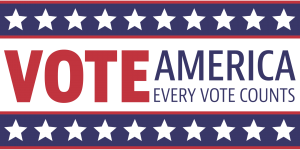Chicago Mayor Lori Lightfoot announced an expense relief program for Chicago residents struggling with the cost of transportation last month. $12.5 million will go towards helping Chicagoans who have had difficulty paying for gas or public transit. The program, called Chicago Moves, should help up to 150,000 residents.
Expense relief for drivers as well as for public transportation
There are two major portions to the program. Firstly, Chicago residents can enter a lottery to receive a $150 prepaid gas card. Chicagoans who make less than 140% of the median income can apply to receive one of the 50,000 cards. Distribution of the cards will take place over five monthly waves.
Public transit users will also see some relief. 100,000 public transit cards, whether active or not, will receive $50. 75,000 of these will be distributed based on geographic data. Therefore, those in low-income, high-Chicago Transit Authority-usage areas will have priority. The remaining 25,000 will be distributed more broadly throughout the city.
Applications for the program open on April 27. While all Chicagoans under the income requirement qualify for the transit cards, the gas cards are restricted to those who are older than 18 and have valid car tabs.
Relief comes during a difficult time for commuters
Commuters throughout Chicago, as well as nationwide, are dealing with the soaring cost of transit. Gas prices reached record highs in March, and Chicagoans are spending up to 4.5% of their annual income on gasoline. Last year, Chicagoans spent an estimated 3.1% of their income on gas.
Many experts worry about the rising cost of living around the country. With inflation on the rise too, the cost of things like rent, food, and even cars is at record highs. Because of this, low-income Chicagoans are facing increasing economic hardship. The program hopes to alleviate some of the burden on the city’s most vulnerable residents.




